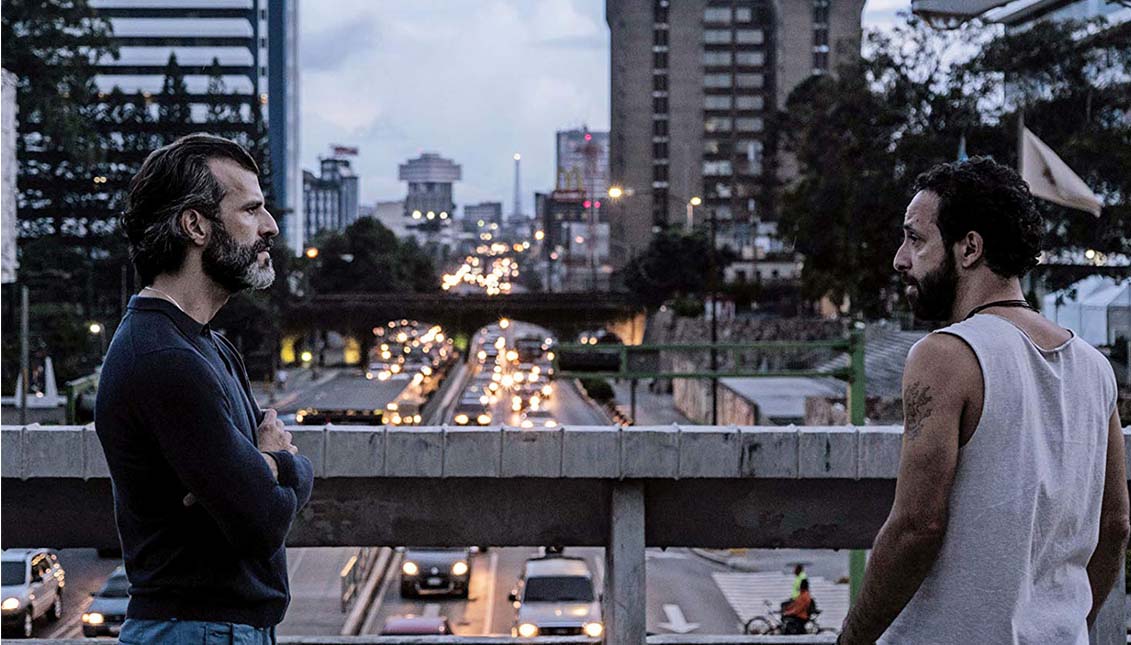
Tremors: The nightmare of being an LGBTQ person in Guatemala
Can you be homophobic and homosexual? This is the dichotomy raised in the award-winning Guatemalan film, which opens today in the United States.
What could happen when the father of a devout middle-class evangelical family decides to come out of the closet?
Situations like this, where someone is reluctant to accept their true identity until one day it all comes out to the light, are quite common. However, in Guatemala, where religion and politics are closely linked, prejudices against LGBTQ people are even deadly. And sometimes they come from oneself against oneself.
This is the plot of "Tremors," the second feature film by director Jayro Bustamante, whose debut feature, "Ixcanul," was the most award-winning Guatemalan film in the country's history.
In this film, Bustamante raises the great taboo about homosexuality that exists in the Central American country, and he does so through Pablo, an ultra-religious and homophobic family father who falls in love with another man and whose family lives in the belief of being able to "cure him of his illness," an idea that assailed the director when he met "a Pablo" immersed in that not so strange dichotomy. And he continued investigating until he found a good handful of "Pablos" in Guatemalan society.
The sensation when watching the film is that of feeling that one holds one's breath, that one is immersed in an element that is not one's own.
"I found among the many who had done reparative therapies, which is what they call it. I went into therapy to see how it worked and I went into a church to see what they were proposing. Then there was a strange phenomenon because my first film became famous in the country, then they discovered that I was not there by will, but doing some kind of research and they then asked me to leave the church and the treatment," he told El País.
According to the filmmaker, the hardest part of filming was having to recreate these "reparative therapies," trying to make them realistic. The story also had to embody nuances since the families who go to this type of painful and traumatic treatment do so, he admits, with and for "love." And that is one of the multiple layers of the problem:
RELATED CONTENT
"The importance of churches goes beyond the mere necessity of beliefs, it is more rooted in a country that does not have a state that offers its citizens any kind of benefits, so churches come to cover a psychological service that is not a psychological service, but rather an indoctrination," he says.
The feeling when you see the film is that you hold your breath, that you are immersed in an element that is not your own. A bitterly empathic tension, which it maintains from beginning to end.
Coupled with the great acting work of its protagonist, the Guatemalan actor Juan Pablo Olyslager, who had to dive into the vital drama of that "Pablo" without barely returning to the surface to take a breath.
"The importance of churches goes beyond the mere necessity of beliefs, it is more rooted in a country that does not have a State that offers its citizens any kind of benefits", said Jayro Bustamante.
"It was a very difficult film to make. I tried to incarnate the character as he is and that made it more painful because it was like it was happening to me. They were very long, painful, therapeutic trials," Olyslager said.
Added to this is the difficulty of cast actors since a large majority of Guatemalan actors are not willing to play gay characters, in a country where a bill to prohibit de facto marriages between people of the same sex has been presented.



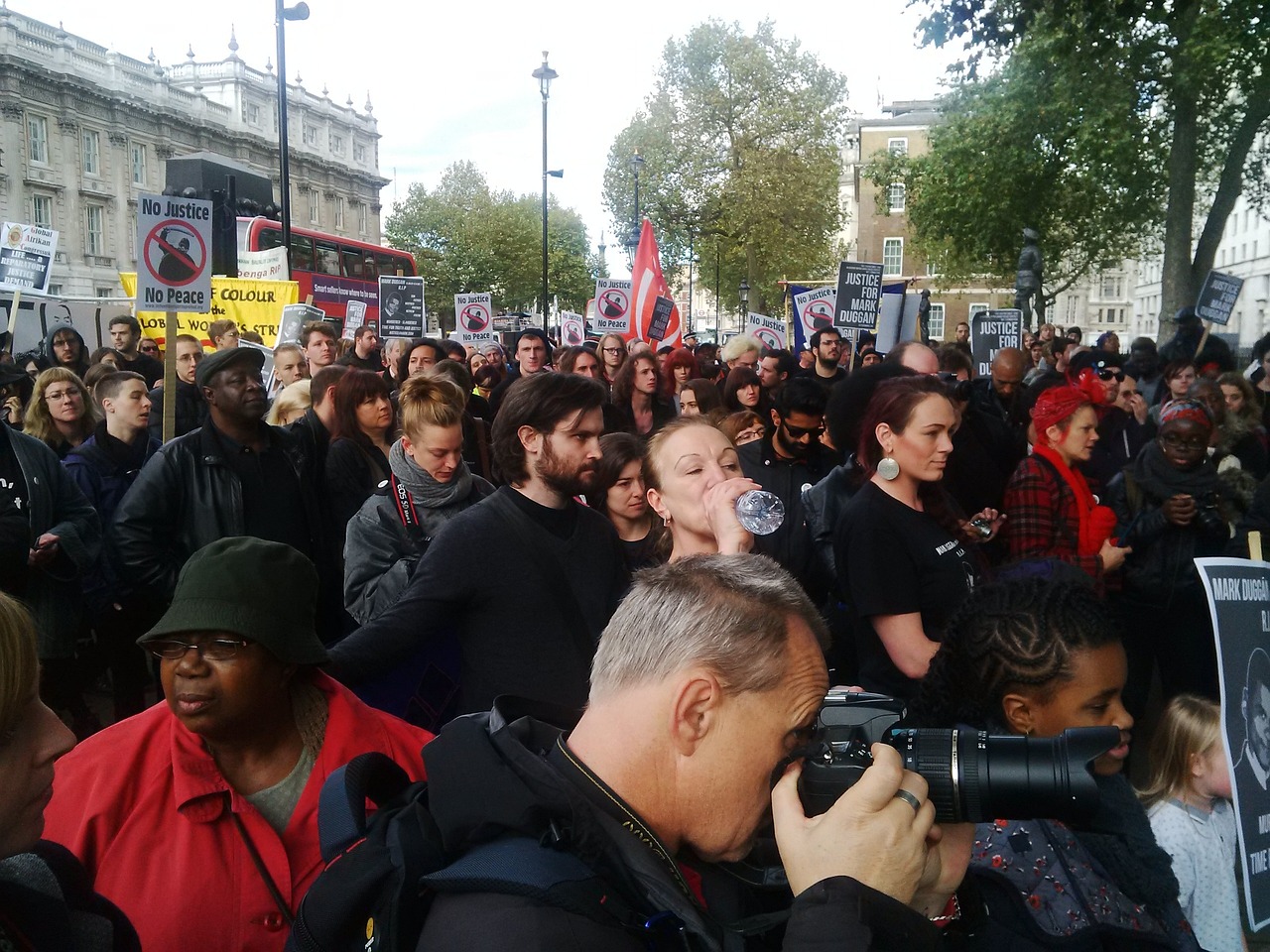

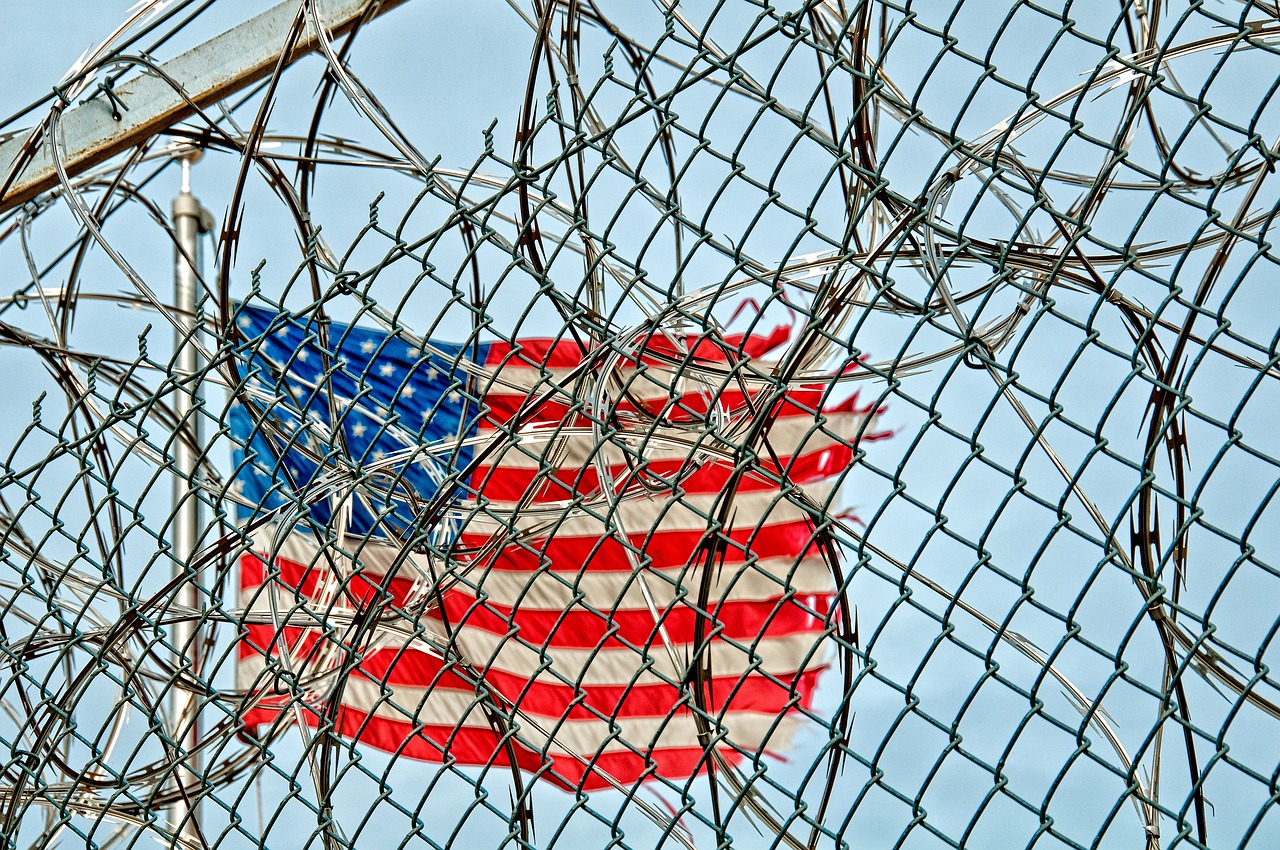


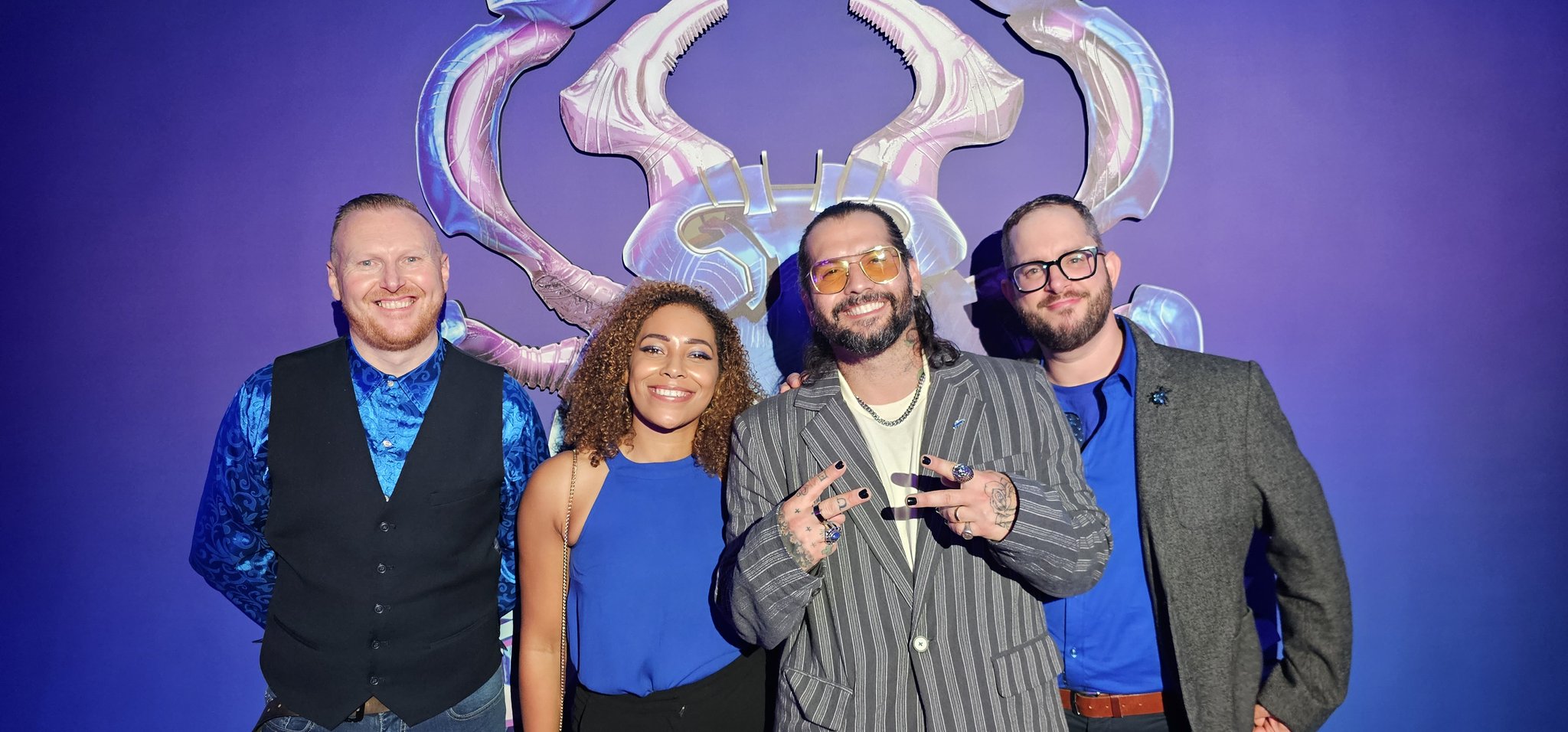
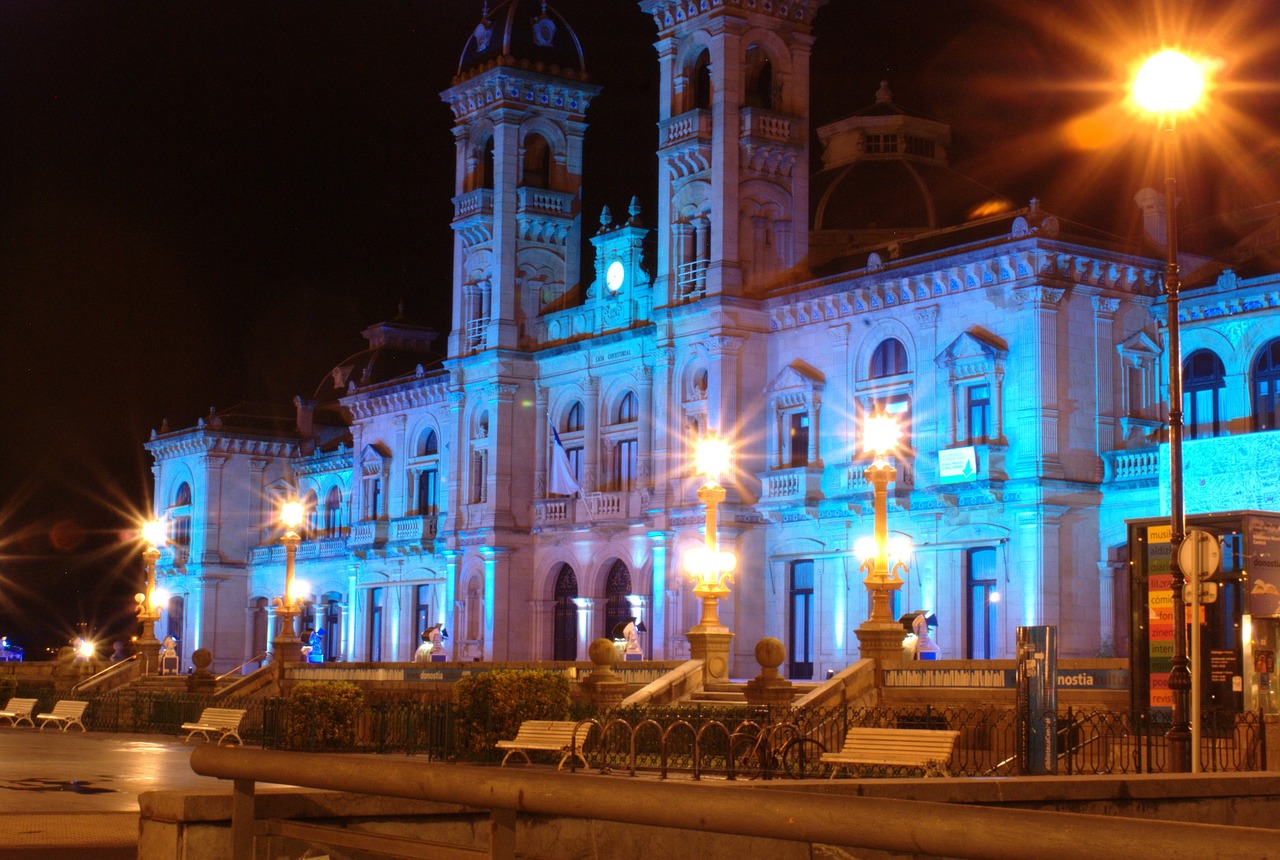

LEAVE A COMMENT:
Join the discussion! Leave a comment.